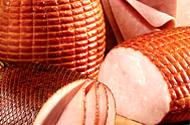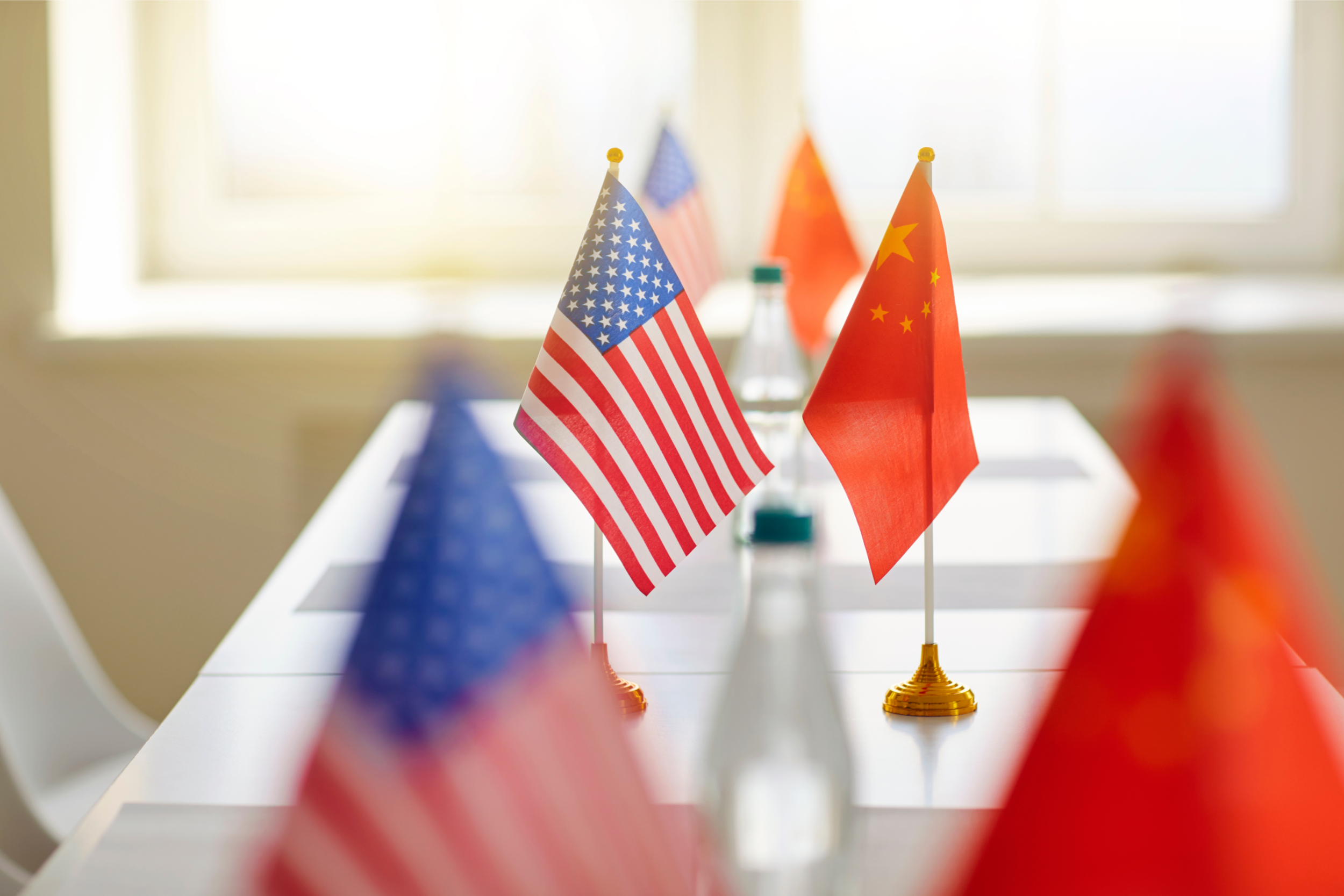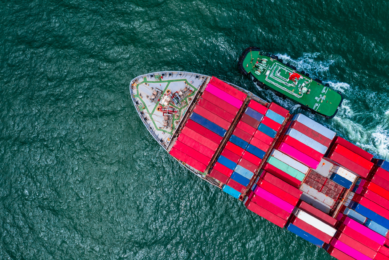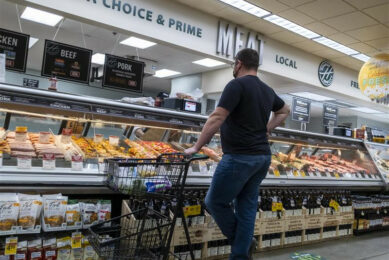Australia: Consumers questioning origin of pork products

Consumers and primary producers in Australia are increasingly questioning the origin of food products in local supermarkets, especially the Woolworths/Safeway and Coles chains which dominate this market sector. The most recent row is about pork and pork products: what is locally produced and what is imported?
Coles sells about 50 tonnes of fresh pork weekly and double that of imported and locally produced ham, bacon and small goods, and Coles General Manager of Meat, Allister Watson confirmed in an interview that “Fresh pork accounts for 7% of all the meat and seafood we sell. As far as I am aware all fresh pork products in supermarkets are Australian-produced, however, most small goods are imported from countries including Denmark, Canada and the US.”
©
Lack of accurate labeling
CEO of Australian Pork Limited (APL), the industry body, Andrew Spencer said “Australian consumers are also being misled through the lack of accurate country of origin labelling. At least 70% of ham and bacon products consumed in Australia are made from overseas pork that is processed in Australia. By labeling these as “Product of Australia”, “Made in Australia” and “Made from Imported and Local ingredients”, consumers have no idea where the pork originates. For example a local newspaper revealed last week that Coles was using Danish pork in house-brand products which carried the “Made in Australia” kangaroo logo.”
CEO of Australian Pork Limited (APL), the industry body, Andrew Spencer said “Australian consumers are also being misled through the lack of accurate country of origin labelling. At least 70% of ham and bacon products consumed in Australia are made from overseas pork that is processed in Australia. By labeling these as “Product of Australia”, “Made in Australia” and “Made from Imported and Local ingredients”, consumers have no idea where the pork originates. For example a local newspaper revealed last week that Coles was using Danish pork in house-brand products which carried the “Made in Australia” kangaroo logo.”
©
Victorian Farmers Federation (VFF) pork group president John Bourke claimed in an interview©that “Woolworths did not care about growers, as all its ham and bacon is imported,”©adding “If both big supermarkets chose to use Australian pork in their house-brand lines, it would result in significant gain in market share for Australian growers.”©A spokesman for Woolworths confirmed the company used imported bacon in its house-brand products.
To add fuel to the fire, the announcement by Coles that it would ban fresh pork from pigs reared in sow stalls in Australia by the end of 2014, came as a complete surprise to the Australian pork industry.
©
APL’s Andrew Spencer said “Coles has the right to make these decisions, but the issue for Australian pork farmers is about the complete inequity and double standard of this move. Coles, under the guise of better animal welfare, has placed this requirement on Australian©producers, but has blatantly refused to apply this standard to subsidized imported pork produced in production systems that continue to use sow stalls.”
©
He then quoted a report in a weekly magazine supporting Coles decision entitled “Ethical trends” which stated “Denmark – a major source of imported small goods – has outlawed stalls from 2014, as part of a push across the European Union”. Mr Spencer said “This is incorrect. Denmark and the EU are moving to the use of sow stalls for up to four weeks from 2013. There is no intention to ban them. The only significant pork-producing country in the EU to ban stalls was the UK, more than a decade ago. Britain went from having a healthy pork industry supplying British consumers to a net pork importer from countries that use sow stalls.©The article also referred to “a carbon footprint” being a part of ethical production. How is that justifiable, with Coles sourcing pork from the other side of the world, from systems that continue to use sow stalls?”
©
Discrimination against Australian farmers
VFF’s John Bourke agreed, saying “In effect, Australian producers have to live by these new standards, but overseas producers do not. This is not acceptable and is blatant discrimination against Australian farmers, to the benefit of overseas suppliers. “Coles is prepared to penalize the local industry so it can use cheaper imports. This is a commercial decision, it is not about animal welfare.”
VFF’s John Bourke agreed, saying “In effect, Australian producers have to live by these new standards, but overseas producers do not. This is not acceptable and is blatant discrimination against Australian farmers, to the benefit of overseas suppliers. “Coles is prepared to penalize the local industry so it can use cheaper imports. This is a commercial decision, it is not about animal welfare.”
©
APL’s Spenser was equally disgruntled, saying “Coles should move to ban imports from countries with poor sow-stall standards if it is to retain any credibility.” He added “The Australian pork industry has set a 2017 deadline which will only allow sows in gestation stalls for six weeks before giving birth, however the industry is not pursuing a total ban.”
©
Coles has defended the decision, with Allister Watson claiming the company was responding to customer feedback about animal welfare.©In a published interview he said “There has been a lot said about double standards, but we want to get it right in Australia – we can’t change international law. Our total pork requirements exceed the domestic supply. Coles consulted with their 50 suppliers and told them Coles would support them through the costs these changes incurred.”
©











